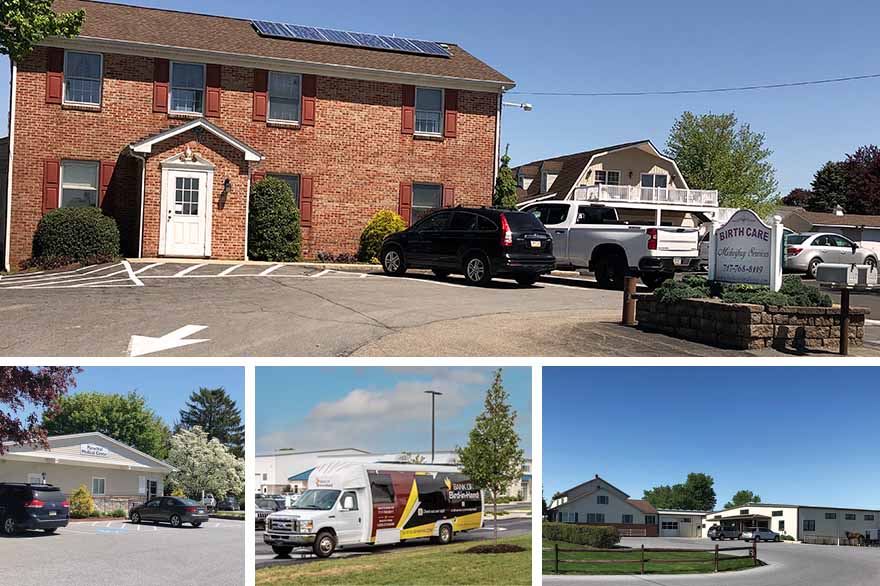In some ways, the Amish seem to live separated from the world around them. Manners of dress, modes of transportation, use/adaptations of technology, and educational systems are distinctly different from the English world around them. Still, the Amish do inhabit the community in and amongst non-Amish neighbors. They do business with English people, shop at area stores, eat at area restaurants, use local public transportation, and sometimes forge close friendships with non-Amish people.
At times, the stores and services in the community don’t jive well with the Amish sensibility. In years past, the Amish simply had to deal with this discord. But more and more the local Amish are finding that they can develop businesses and services that tailor their presentation to the Amish and the culture of the Plain People.
Lancaster County has an Amish bank – The Bank of Bird-in-Hand, that was founded by a consortium of Amish and English investors. It was specifically chartered to provide banking services to anyone, but with a clear Amish cultural sensitivity. The bank’s Geld Bus vehicles travel all around Lancaster County providing ease of access to an Amish customer base that can’t simply hop in a car and drive across town to the nearest branch.
The Amish “Walmart,” technically called The Country Housewares Store is a home goods and dry goods store that stocks many items the Amish and other Plain People need regularly but can’t find dependably at the local big box stores.
On the healthcare front, small practices like The Parochial Medical Center or Birth Care and Family Health Services offering outpatient services and even mid-wife and chiropractic care have sprung up around the area, which is specifically designed to welcome Amish clientele and put them at ease while providing them with cash-based, non-insurance billing. (The Amish don’t have commercial health insurance, though they maintain an insurance alternative within their community that helps address bills that would be insurmountable to an individual household.)
When I first heard the rumor that the Amish here in Lancaster County were planning to open their own hospital, it really didn’t shock me – at least not entirely. A hospital is certainly a much bigger undertaking than, say, a bank or a shop, or even a chiropractic office. But the concept of the Amish investing with English partners to bring a culturally sensitive institution to life has already proven successful.
Most likely, had the COVID pandemic not happened, the Amish would not be considering putting up an Amish hospital. The main reason? During COVID, hospitals restricted visitation, and isolation of people in hospitals goes against a very core principle and deep cultural vein of the Amish community.
Simply put, when an Amish person is sick, suffering, hurting, or recovering – they have a steady stream of visitors from their church standing by in the hospital with them. Even if the person is incoherent or unconscious, they will have a community presence there at their side. In the Amish community, this is just a given. It is what you do, and it is part of the community.
It broke the collective heart of the Amish community in a way we non-Amish probably can never fully understand that hospitals barred them from being there for their own during the pandemic. Amish people died alone. That sentence is jarring to an Amish person. In their community, it just isn’t supposed to happen. And even those who went to the hospital for one reason or another, and fully recuperated, going through that healing and restoration process alone is just as counterculture to the Amish.
And thus, the rumor mill, in my estimation not surprisingly, is saying we’ll see a new hospital opening in Lancaster County in the coming years, built-in large part due to Amish investors, which will operate in such a way as to understand and work with the Amish community.
— Clinton Martin

